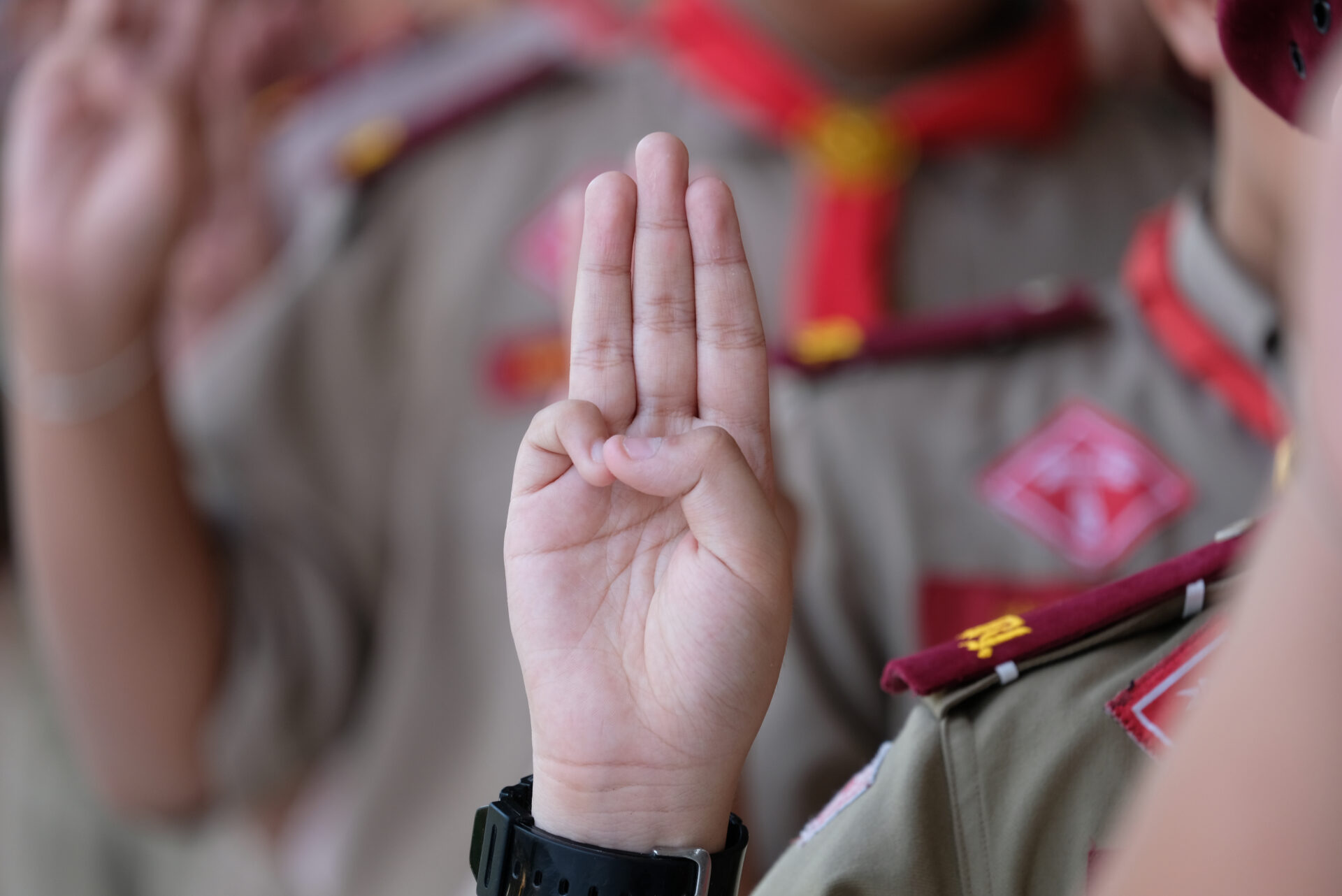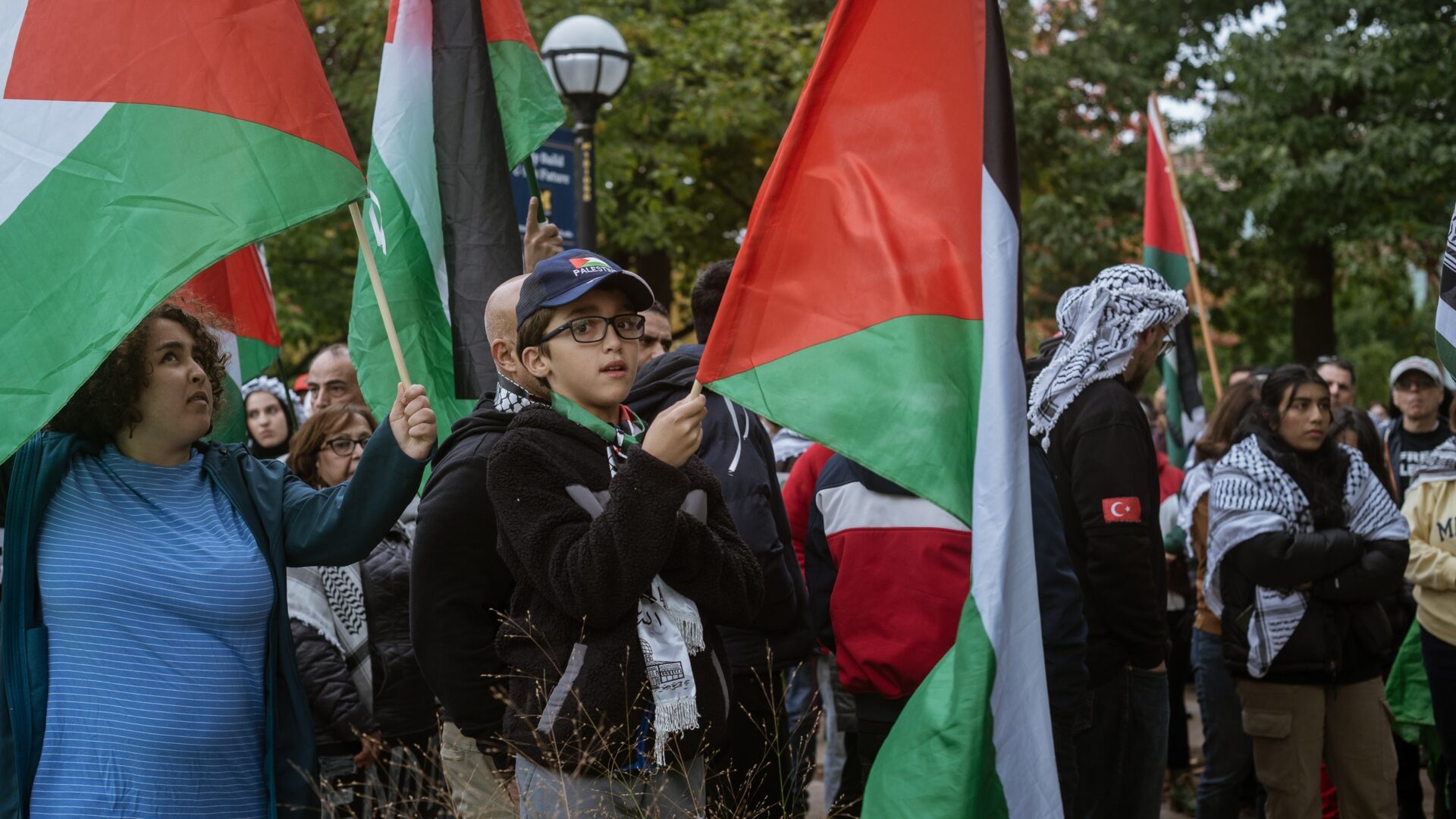The United States recognizes Russia Day, strategically engaging in international diplomacy while encouraging civic engagement at home.
At a Glance
- Secretary of State Marco Rubio extended a greeting to the Russian people on Russia Day.
- Rubio expressed hope for improved relations between the United States and Russia.
- The U.S. remains committed to supporting the Russian people’s aspirations for a brighter future.
- The message comes amid stalled negotiations to end the Ukraine War and Russian military advances.
Symbolic Recognition on Russia Day
This year marks a significant shift as the U.S. government extends its olive branch to the Russian people on Russia Day. After a notable absence of recognition last year, this move is perceived as a nod towards diplomacy and engagement. Secretary of State Marco Rubio conveyed a message of unity, advocating for peace and the hopeful prospect of improved US-Russia relations. This symbolic gesture appears designed to ignite civic discourse while soothing international tensions.
Historically, Russia Day celebrates the adoption of the Declaration of State Sovereignty in 1990, marking a pivotal point in Russian autonomy post-Soviet Union. Rubio’s remarks aim to bridge divides, emphasizing that “America congratulates the Russian people on Russia Day.” By acknowledging this day, the US subtly acknowledges Russia’s past while steering the narrative toward collective future aspirations.
A Call for Constructive Engagement
In his statement, Rubio articulated the U.S.’s steadfast commitment to the Russian people’s pursuit of a “brighter future.” The backdrop? An ongoing, contentious relationship exacerbated by stalled peace negotiations and escalating Russian military maneuvers in the Ukraine conflict. Rubio’s remarks portray an appetite for meaningful dialogue, underscored by the express desire for “constructive engagement” aimed at achieving lasting peace with Ukraine.
“The United States remains committed to supporting the Russian people as they continue to build on their aspirations for a brighter future.” – Marco Rubio.
As Russia commemorates its sovereignty, the U.S. edges closer to fostering improved bilateral relations. This acknowledgment comes during a time when public sentiment pivots squarely on unity and shared civic values, drawing citizens towards civic engagement to shape their societal landscape.
Reinvigoration of Civic Discourse
The administration’s decision to publicly recognize Russia Day serves a dual purpose. Domestically, it invites society to re-examine civic values, encourage dialogue, and foster public participation in civic duties. Internationally, it aims to inspire positive diplomatic rapport despite pressing geopolitical tensions. The contrast between today’s complex geopolitical climate and the symbolic significance of these diplomatic gestures couldn’t be starker.
“We also take this opportunity to reaffirm the United States’ desire for constructive engagement with the Russian Federation to bring about a durable peace between Russia and Ukraine. It is our hope that peace will foster more mutually beneficial relations between our countries.” – Marco Rubio.
This strategic recognition serves as a backdrop against which conversations on unity, diplomacy, and civic participation are staged. It calls upon both political figures and citizens alike to reflect on the intersection of past and present, enabling efforts that carry crucial implications for the future.







